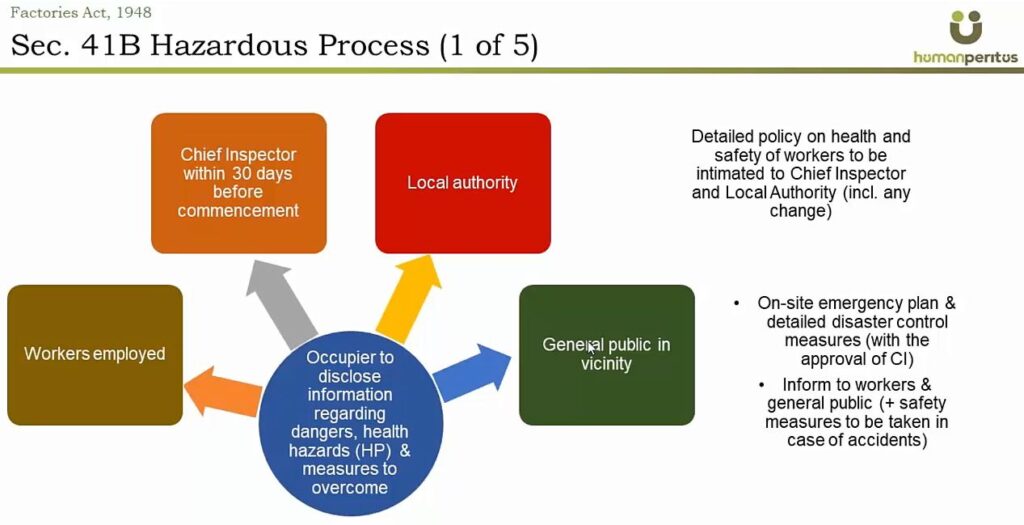BHEL Executive Trainee HR- Detailed Syllabus
This page will give you complete information on the syllabus of the BHEL Executive Trainee HR (Human Resource) exam 2022. The syllabus of BHEL Executive Trainee HR can also be downloaded as PDF file.
The written exam of BHEL Executive Trainee HR will have 240 questions, which are to be answered in 150 minutes. The syllabus of the written exam has been further sub-divided into 4 sections.
Section I: Question on Subject (HR) – 120 questions
Section II: Reasoning and Numerical Ability – 50 questions
Section III: General Knowledge – 20 questions
Section IV: General English – 50 questions
As per the notification by BHEL, the syllabus of the Section II, III and IV has been prescribed in detail, but the syllabus of the Section I (HR subject) has not been prescribed. The detailed syllabus prescribed by BHEL for Sections II, III and IV for BHEL Executive Trainee HR can be downloaded from the BHEL website.
For detailed syllabus of Section I of the BHEL Executive Trainee HR, you may refer the syllabus of either of UGC NET Code 55 HRM or Coal India HR. The boundary of the syllabus and difficulty level of questions of BHEL HR exam matches with these two exams. The detailed syllabus of HR subject for BHEL Executive Trainee 2022 exam is given below.
Thinking how to crack BHEL Executive Trainee HR 2022
Human Peritus is the trusted guide for HR and Labour Laws exam for last 10 years

BHEL Executive Trainee HR - Syllabus
The syllabus of the BHEL Executive Trainee HR is sub-divided into following 10 units. This is same as the Syllabus of the UGC NET in Code 55 HRM and Labour Welfare.
Although there is no explicit mention of following acts in the syllabus, you need to study them, as well:
- Employee Compensation Act 1923
- Unorganized workers Act 2008,
- Maternity Benefit act 1961
- ESIC Act 1948
- Principles and Practices of Management: Development of management Thought,
- Contributions of Taylor, Fayol, Mayo, Mary Parker Follett and C.I. Barnard.
- Behavioural Approach,
- Systems Approach,
- Quantitative Approach and
- Contingency Approach.
- Function of Management: Planning and Decision Making, Organising, Staffing, Directing, Controlling, Coordinating.
- Human Resource Management: Conceptual framework,
- Human Resource Planning, Job Analysis,
- Recruitment, Selection,
- Placement, Induction,
- Training and Development,
- Performance Management,
- Job Evaluation,
- Compensation Management,
- Employee Benefits and Incentives,
- Managing Career.
- New Trends in HRM: Changing environment of HRM and ontemporary challenges, Emerging HRM Concepts.
- Human Resource Development (HRD): Concepts, Assumptions, Values,
- HRD Mechanisms, Action – research Model,
- HRD Culture and Climate, HRD Interventions,
- HR Accounting and Audit,
- Consultant – client relationship,
- Knowledge Management,
- Human Resource Information System.
- International Human Resource Management (IHRM): Organisational context of IHRM,
- IHRM and Sustainable Business,
- Functions of IHRM,
- Cross – Cultural Studies, Cultural Diversity,
- Transnational Organisations,
- IHRM models.
- Organisational Behaviour: Concept, Scope, Nature of human behavior,
- Personality,
- Perception,
- Learning,
- Attitude,
- Motivation,
- Interpersonal Behaviour,
- Group Dynamics,
- Leadership,
- Communication,
- Power and Authority,
- Stress,
- Organisational Change and Development.
- Industrial Relations: Concept, Scope, Evolution, Approaches, Actors and Models,
- Conflict and cooperation, Bi-partitism, Tri-partitism,
- Collective Bargaining,
- Workers’ Participation in Management,
- Grievance Handling and Disciplinary Action, Code of Conduct,
- Industrial Relations in changing scenario,
- Employers’ organisations.
- Trade Unions: Concepts, Evolution,
- Problems of trade unions in India, Recognition,
- The Trade Unions Act, 1926.
- Emerging role of trade unions in India.
- Industrial Disputes: Factors, Forms, Trends,
- Prevention and Settlement, Role of State and Central Labour Administration,
- Strikes and Lockouts.
- The Industrial Employment (Standing Orders) Act, 1946.
- The Industrial Disputes Act, 1947.
- Labour Legislation: Objectives, Principles, Classification and Evolution.
- International Labour Organisation,
- Social Justice and Labour Legislation,
- Indian Constitution and Labour Laws.
- The Factories Act, 1948.
- The Mines Act, 1952.
- The Inter-state Migrant Workmen (Regulation of employment and conditions of service) Act, 1979.
- The Contract Labour (Regulation and Abolition) Act, 1970.
- The Building and other Construction workers (Regulation of employment and conditions of service) Act, 1996.
- The Child Labour (Prohibition and Regulation) Act, 1986.
- Wages: Concept, Types, Factors influencing wages, Wage Theories and Wage Differentials
- The Minimum Wages Act, 1948.
- The Payment of Wages Act, 1936.
- The Payment of Bonus Act, 1965.
- The Equal Remuneration Act, 1976.
- The Payment of Gratuity Act, 1972.
- The Employees’ Provident Fund and Miscellaneous Provisions Act, 1952.
- Labour Welfare: Concept, Scope, Types, Theories and Principles,
- Industrial Health and Hygiene,
- Industrial Accidents and safety,
- Occupational Diseases
- Social Security: Concept and Scope, Social Assistance and Social assurance.
- Labour Market: Features,
- Demand and Supply of Labour,
- Nature and Composition of Indian Labour Force,
- Unemployment and Underemployment,
- Types of Labour Market,
- Characteristics of Indian Labour Market,
- New Dynamics of Labour Market in India,
- Economic Systems and Labor Market,
- Problems of Labour in India.
See how Toppers did it....Smart Strategies
Over last few years, hundreds of students have cracked HR Officer exams with Human Peritus. We have interviewed some of them for you. Obviously they may speak nice words about Human Peritus. But, we have something else in mind, while advising you to watch these toppers.
The students have shared interesting insights about preparation strategy. All of them are from different backgrounds. You will find that your story is related to many of them. Some are working professionals, some are busy mothers, some are second year students, some are weak in Paper 1, others in Paper 2, some are bored with corporate jobs, while some others are scared of Accounting, others do not like OB theories. Hear them to understand, how they did it. (Keep scrolling right)
Contact Us

Email: contact@humanperitus.com
Phone: 9717781110
Address: Human Peritus, Floor 5, Building C, Unitech Cyber Park, Gurgaon, 122002



